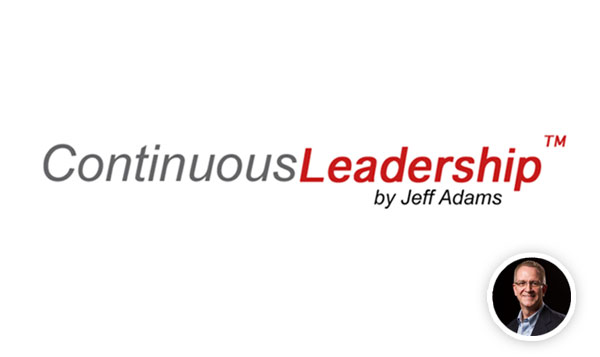(My “Secret Sauce” for Operational Excellence)
Everyone is out there looking for the “secret sauce” that will drive their business and their career to the next level, and a lot of people are striving for this through continuous improvement tools. Many of us are beginning to wonder if there is a “secret sauce.” I believe there is actually more than one sauce that will do the trick. Basically, you make your own sauce. How? Well, there are a couple of things to keep in mind, and then I’m going to give you a sauce that I’ve found to work.
First, remember the saying, “opportunity often comes disguised as work.” Solutions, or sauces, can be simple, but that doesn’t necessarily mean they are easy. Second, whatever “sauce” you use, it really means nothing without one key ingredient: sustainment. With those two things in mind, work hard and sustainment, I’m going to quickly share with you the basic recipe for my “secret sauce.” It consists of seven ingredients.
- Establishing the Goal – Organizations usually have some kind of mission statement, but it rarely is broken down, level by level, throughout the organization. It’s just a broad, often general statement (read dream) they hope will inspire people to do something to make things better in their performance. You need a clear, concise goal that is tied to customer’s needs, and is then broken down, or waterfalled down through your organization so each level can see how their specific actions support the level above them in achieving the greater over-arching goals.
- Handling Change – Change is inevitable. Technology, markets, customer demands, employees, etc. Everything is in constant change. Might as well get used to it, embrace it, and learn how to address change for the better. Your organizational goals and strategies need to be properly aligned and shared so everyone knows where the organization is headed, and what their role is. Fear of change is really fear of the unknown. You’ve got to communicate with people, make sure they understand, and that they are on board with the changes.
- Coaching – As a leader, it is your responsibility to guide your people and ensure they have the information necessary to accomplish their work, and do so successfully. If necessary, demonstrate how things should be done, then walk your people through the process and make sure they understand what to do. In addition, you need to be a good listener, so you fully understand the needs and concerns of your people. Remember, if you’re too busy coaching (talking), you can’t hear what your people are saying, and sometimes they are doling out gems that could help change your business for the better.
- Empowering – This scares a lot of managers, but true leaders are not only not afraid of empowering their people, but willingly do so because they know it releases energy into their organization. When you empower your people to act and make decisions, without being micromanaged, you are demonstrating support and commitment to a culture of operational excellence. In addition, delegating activities and decisions to others helps develop their skills and frees you up to address more important issues that you as a leader should be handling.
- Collaborating – It’s exciting when you see a sports team working together and performing in a way that demonstrates outstanding execution and they clearly dominate their opponent. That’s collaboration. There’s a commitment to achieving team goals, working together, and respecting everyone’s contribution. It’s the same in any organization. If every person in the organization understands their role, how everything interweaves to make a united whole, and there is unity in pursuing a shared vision, you will have operational excellence. Working as a team, collaborating, is essential.
- Accountability – This is something that people tend to want to avoid in many organizations. That’s because accountability seems to be synonymous with blame. True accountability is better associated with ownership. If you own it, you’re accountable. The key here is that with ownership comes a desire for success, and with success, accountability is tied to positive recognition. But if there isn’t success, then learning should be tied to that accountability so that people can improve.
- Mentoring – At its most basic level, this is an experienced person helping a less experienced person develop their skills. Not the same as coaching, but being there for someone when they need advice, a sounding board, and the mentor patiently using their experience and perspective to help guide the mentee on a developmental path. Mentoring is a key component for any organization that wishes to sustain itself on the path to operational excellence. It’s part of a succession plan; to develop future leaders.
Mix these seven “ingredients” and you’ll have a sauce that will not only spice up your organization, but will infuse it with new life, and a drive towards the next level; towards operational excellence.
Jeff Adams is the author of “7 Essential Skills of Leadership, How to Lead Your Organization to Operational Excellence.” Jeff holds multiple certifications in continuous improvement methodologies, including Lean, Six Sigma, and QRM. More information about Jeff and services offered can be found at www.continuousleadership.com.

